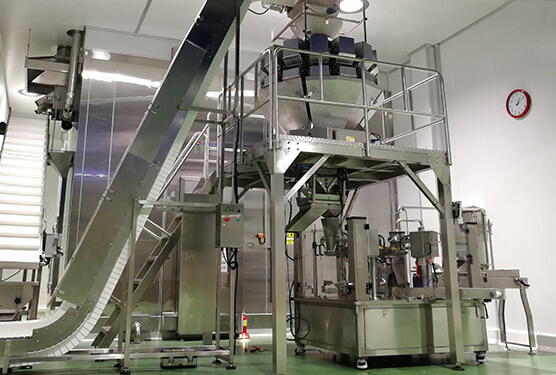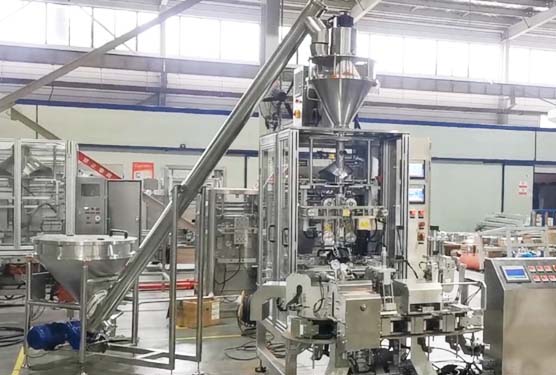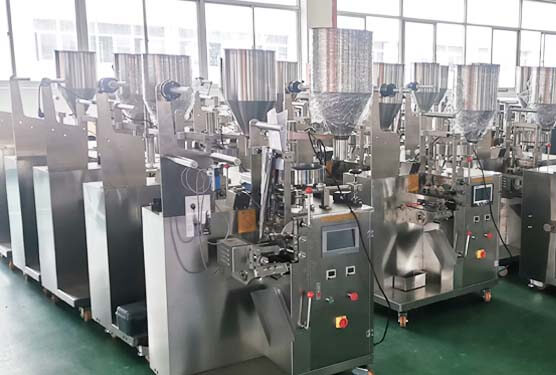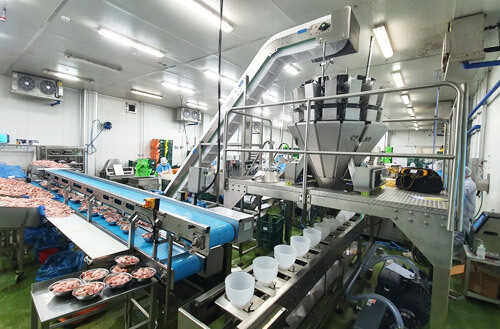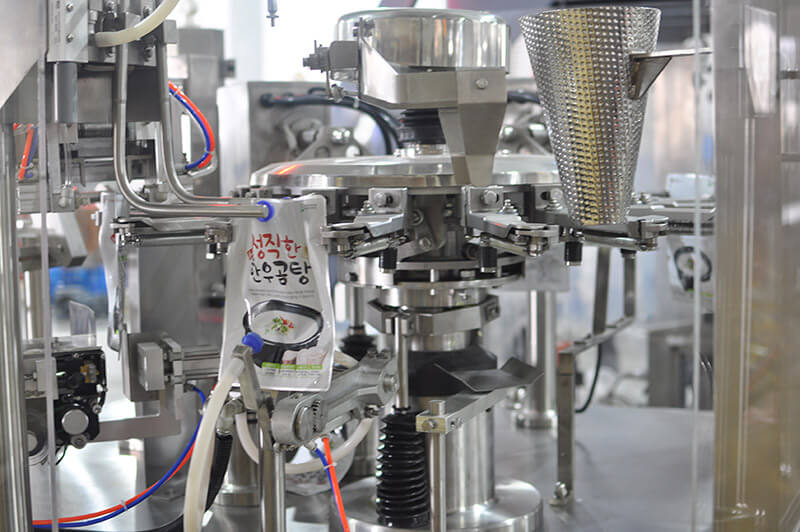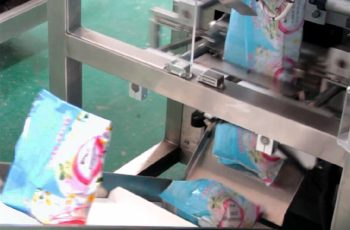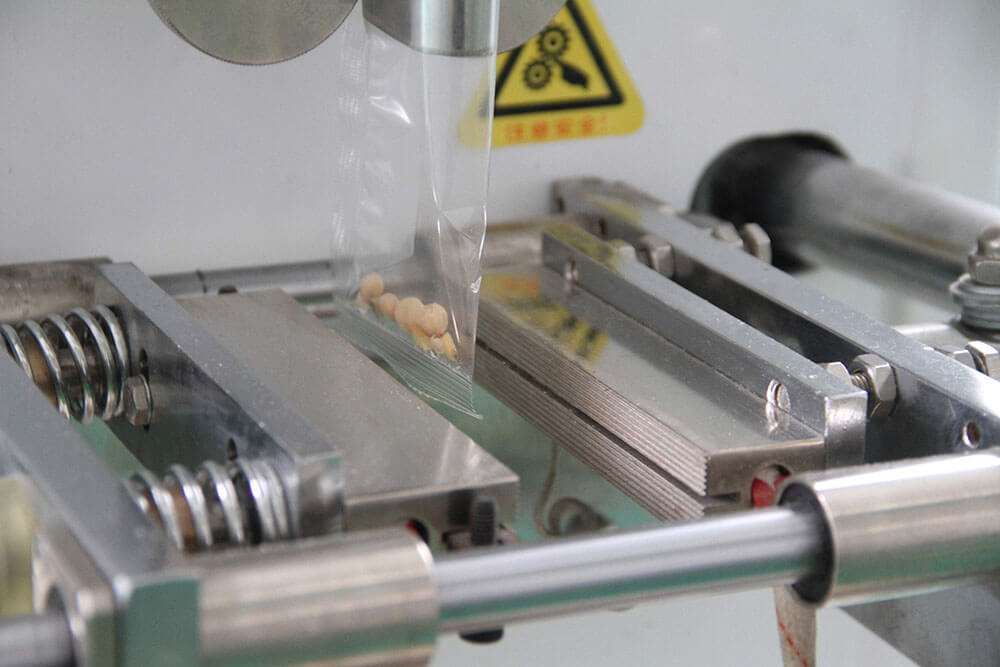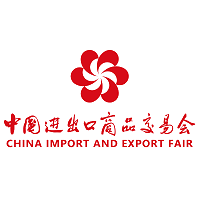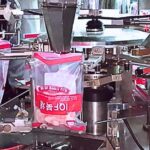Have you ever wondered how snacks and other products are neatly packaged into bags with airtight seals? Are you a business owner in need of a reliable and efficient packaging solution? In this blog post, we will explore the various types of sealing machines available in the market, and help you choose the right one for your packaging needs.
There are several types of sealing machines, including heat sealers, vacuum sealers, ultrasonic sealers, and induction sealers. These machines serve various purposes and offer different levels of efficiency and effectiveness, depending on your specific requirements. Let’s dive in to learn more about these sealing machines and their applications.
Keep reading to discover how sealing machines can greatly impact your packaging process and, ultimately, your business success.
What is a Continuous Band Sealer?

A continuous band sealer is a type of sealing machine that uses heat to seal plastic bags continuously. It’s ideal for high-speed production lines, as it can seal multiple bags in a short period. These sealers are commonly used in food packaging, pharmaceuticals, and various other industries where a secure and consistent seal is required.
- How do Continuous Band Sealers work?
Continuous band sealers use a conveyor belt system to move the bags through heated sealing bars. The heat melts the plastic film, creating a strong and consistent seal. The conveyor belt’s speed can be adjusted to accommodate various bag sizes and materials.
What is an Impulse Sealer?

An impulse sealer is another type of heat sealing machine that uses a short burst of electricity to heat the sealing element, such as a wire or blade. This method is suitable for low to medium volume production and is often used for sealing poly bags and other thermoplastic materials.
- How do Impulse Sealers work?
Impulse sealers use an electronic timer to control the duration of the electrical pulse. When the timer reaches the preset time, the current stops, and the sealing element cools down, creating a strong seal on the bag. Impulse sealers come in various sizes and can be handheld or mounted on a stand for more efficient operation.
What is a Vacuum Sealer?

A vacuum sealer is a sealing machine that removes air from the bag before sealing it. This process helps to extend the shelf life of products, such as food items, by preventing oxidation and spoilage. Vacuum sealers are popular in the food industry and can be found in both commercial and home settings.
- How do Vacuum Sealers work?
Vacuum sealers work by first removing air from the bag through a vacuum pump. Once the desired vacuum level is reached, the bag is sealed using heat, creating an airtight environment that preserves the freshness and quality of the product inside.
What is an Induction Sealer?
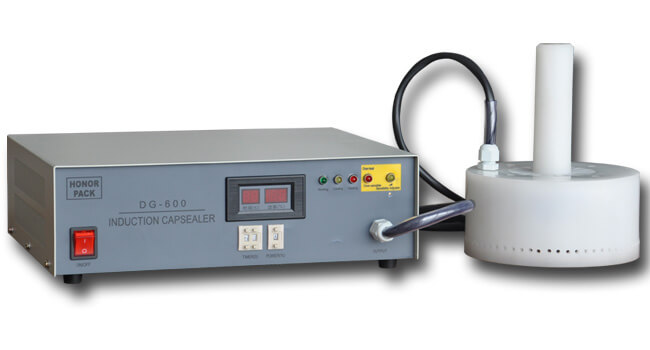
An induction sealer is a non-contact sealing machine that uses electromagnetic energy to create a hermetic seal on containers with foil-lined caps or lids. This type of sealing is commonly used for pharmaceuticals, food, and beverages, ensuring product safety and integrity.
- How do Induction Sealers work?
Induction sealers work by generating an electromagnetic field around the container’s cap or lid. The foil lining within the cap becomes heated, melting the inner sealant layer and creating a strong bond between the container and the cap. This process results in an air and watertight seal that keeps the product fresh and protected.
Which Sealing Machine is Right for Your Business?
To determine the most suitable sealing machine for your business, consider the following factors:
- Product type: The nature of your product (food, liquid, powder, etc.) will influence the sealing machine you choose. For example, vacuum sealers are ideal for preserving food, while induction sealers are suitable for liquids and powders.
- Production volume: Your production volume will also impact your choice. Handheld heat sealers are suitable for small-scale operations, while continuous heat sealers and nozzle vacuum sealers cater to large-scale production.
- Material compatibility: Some sealing machines work better with specific packaging materials. Ultrasonic sealers are versatile, while induction sealers require a foil liner.
- Budget: Finally, your budget will play a role in your decision. Heat sealers tend to be more affordable, while ultrasonic and induction sealers may require a higher initial investment.
Conclusion
Sealing machines come in various types, including heat sealers, vacuum sealers, ultrasonic sealers, and induction sealers. Each type offers unique benefits and is suited for specific applications. By considering factors such as product type, production volume, material compatibility, and budget, you can select the best sealing machine for your packaging needs. By investing in the right sealing machine, you can enhance your product’s quality, safety, and shelf life, contributing to your business’s success.

